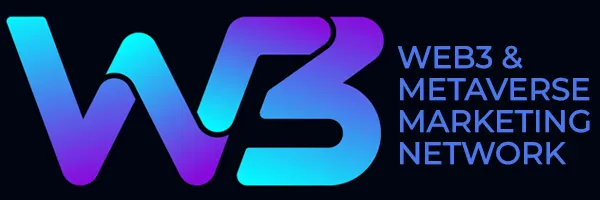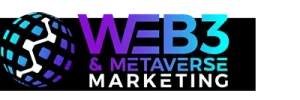How To Get First Funding For Web3
Blockchain platforms in their early stages are actively supporting developers with grants and marketing resources. "We found after applying to more than 20 grant programs that new, just-launched blockchains are most accessible. Almost all of them launch grant programs, and they’re genuinely interested in supporting new teams," said Vlad Goncharov, founder of Eonian, in an email interview. However, Goncharov advised to be selective: "Don’t trust every grant announcement – some chains use them just for attention, without real funding behind them."
New blockchains can prefer to fund teams to fork successful protocols from other chains. When Goncharov’s team was developing their original DeFi product, one of blockchains offered immediate funding to fork and deploy Uniswap.
Unlike established chains, new platforms have strong incentives to fast-track these processes. "My grant application with SKALE took just one month, including technical reviews. They treated me as a partner from day one," shared Michael Sumner, CEO of ScoreDetect, in an email interview. His project secured funding after showing a working MVP and a roadmap. Sumner developed the entire MVP solo, handling everything from initial ideation to technical support and documentation.
Hackathons For Raising Funds
"After winning first place in Colosseum’s DePin track, we got $250K pre-seed at 7% and grew to 500K installs with 100K Twitter followers," shared Ohad Dahan, the founder of BlockMesh Network in an email statement. After two quick interviews and hackathon due diligence, they signed a Simple Agreement for Future Equity deal.
"I highly recommend hackathons and accelerators since they come with publicity which is critical to attract users," says Dahan. "Don’t outsource your community management early, not even for people who offer to do it for free. Stay close to the users, listen to them directly – it will make them more loyal since they see you personally talking to them."
Dahan’s tips for founders:
- Join hackathons – they bring users and visibility
- Build open source – attracts contributors and builds trust
- Manage your community yourself at first – direct user feedback shapes better products
- Skip big conferences – focus on targeted meetings with specific people
- Stay ready to change direction based on user needs
What not to do:
- Don’t buy social media followers
- Don’t outsource community management early
- Don’t stick to one idea if users want something else
The mix of hackathons, accelerators and grants works better than focusing on just one funding source. Each path brings different benefits – grants give freedom, accelerators add connections, hackathons create visibility and help with learning. "We joined the Berkeley SkyDeck accelerator, where we received $200K as part of the program. While the money was helpful, what truly mattered was the education," shared Jiri Kobelka, CEO at Tatum, in an email interview.
Forbes







